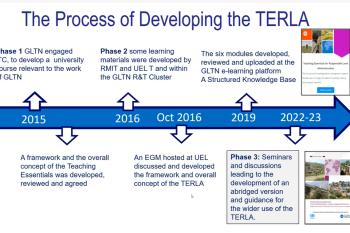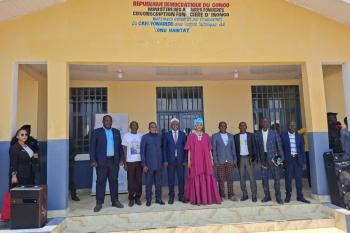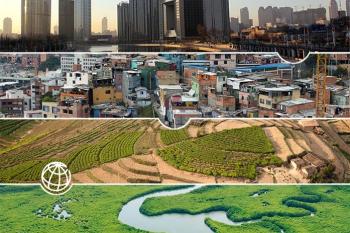
UN-Habitat supports efforts to address cultural and economic drivers of gender inequality in land rights
UN-Habitat has welcomed the report of the Working Group on the rights of peasants and other people working in rural areas.
In a statement issued after the report was released, UN-Habitat lauded the urgency attached to gender equality in land rights and noted that experience globally demonstrates that legal and policy reform is not enough, hence the need to address the cultural and economic drivers of gender asymmetries.
UN-Habitat underscored the importance of legal recognition of the social function of land and the need to link this to effective land use planning processes as a means of maintaining public policy direction and not allowing land use outcomes to be dominated by ownership and financial power.
UN-Habitat, with FAO and the World Bank, is joint custodian for land related indicators under the SDGs. UN-Habitat provides an extensive programme of land related technical assistance, including by hosting the secretariat of the Global Land Tool Network.
UN-Habitat also provides a significant programme of technical assistance in rural-urban linkages, which is important for the fulfillment of economic, social and cultural rights for rural communities.
The Working Group on the rights of peasants and other people working in rural areas was established by the Human Rights Council in resolution 54/9 of 11 October 2023.
This second report to the Human Rights Council considers the current global trends and systemic challenges that undermine the rights enshrined in the UN Declaration on the Rights of Peasants and Other People Working in Rural Areas and efforts made to overcome the problems and implement the Declaration, as reported by States, civil society and peasant communities.


